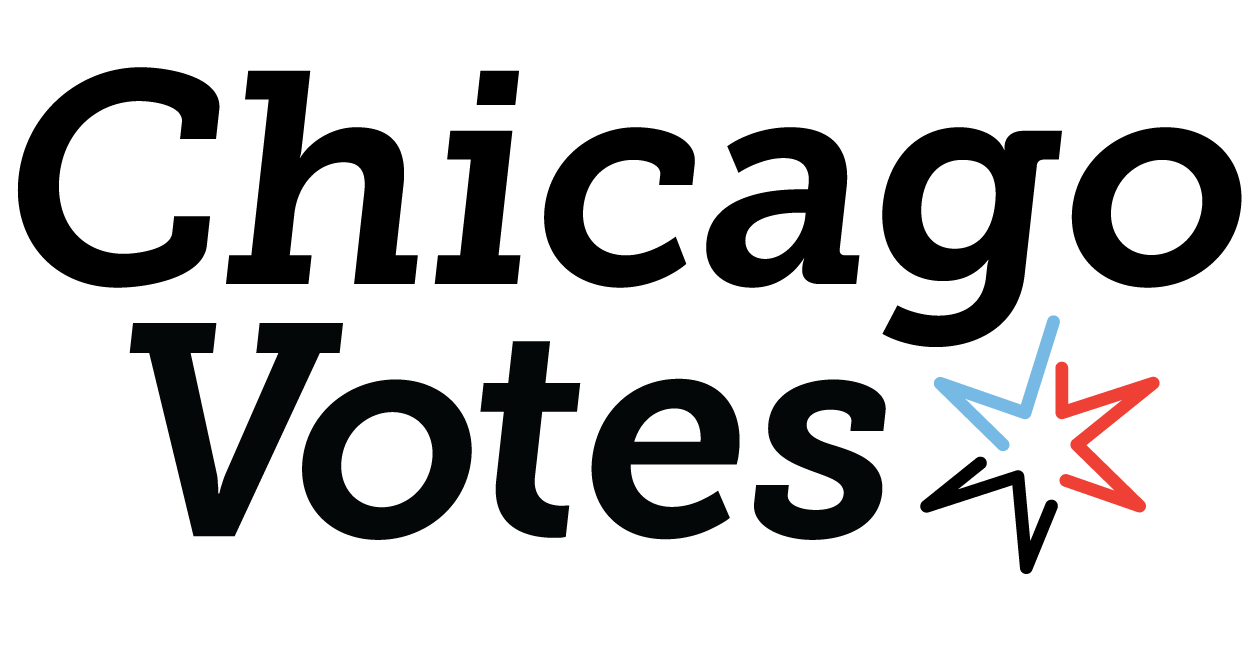By CALEB DUNSON
See the article online: https://www.chicagotribune.com/opinion/commentary/ct-opinion-george-floyd-civics-education-equity-20200803-5tkc7zbacfhqjhfrf76ql6uryq-story.html
I was 12 years old when Mike Brown was killed. I was 12 years old when I realized the world viewed me as a threat. I was 12 years old when I was forced to confront the reality that I could not maneuver through society like my white peers, that my Blackness made me liable to be murdered by anyone, for any reason.
But then I watched as tens of thousands of people from across the country converged on Ferguson, Missouri, to advocate for justice, and I saw true civics in action. The protesters stood in solidarity and possessed unyielding hope. They organized to take collective action and forced the entire country to pay attention. And when everyone was watching, they spoke with fiery passion and deep conviction, telling vivid stories of social injustice and community resilience. I wanted to be like them, and that was the moment civics became my passion.
I dedicated much of my high school career to exploring that passion by taking civics classes, participating in study abroad programs centered on global citizenship, and joining volunteer organizations geared toward creating equity.
Unfortunately, I also came to realize that for most high school students across the country, those opportunities, and the chance to learn about civics in general, were inadequate, incomprehensive and inaccessible.
My peers frequently relayed the comments students at their schools would make, like, “I don’t care about politics because it doesn’t affect me,” and “I never get the chance to learn about how I can help my community,” and, “Civics class would be more interesting if we actually talked about current events.”
It’s those current events, like the tragic deaths of George Floyd, Breonna Taylor, Ahmaud Arbery and countless Black people that have reinvigorated political discourse among everyday Americans. But conversation is only the first step.
Six years after Mike Brown was killed and six years after I realized the world viewed me as a threat, all members of my generation still need to be taught about civic engagement in order to turn discourse into change. This country, after all, was founded on the ideals of engaged citizenship and active political participation.
It is through active learning opportunities that I have acquired the tools to take meaningful action.
As junior class president at Whitney M. Young Magnet High School, I learned to use data to support policy proposals, including one I offered on restorative justice, which my school implemented. Advanced placement government class showed me the importance of involving local elected officials in reform efforts, so when I decided to start an initiative to increase schoolwide cultural understanding, I knew to get approval from my local school council. Through a study abroad program in Cape Town, I learned about international social movements; now I can critically examine American politics in a global context.
My civics education has shown me the power I hold as an American and has taught me how to leverage it to address key issues in my community.
Imagine what kind of change would happen if everyone had access to the same opportunities I did.
Maybe then the lively discussions I have with my friends about social issues wouldn’t get quiet as soon as one of us pondered the political processes that lead to government action. Maybe my peers would show up to vote in larger numbers because they would understand the process of registering to vote, researching candidates and casting a ballot. Maybe my community organizer friends would be able to mobilize students on an unprecedented scale and get them to advocate for policies they support. Maybe Generation Z would be able to break the cycle of youth voting apathy and force politicians to listen to young people.
Achieving equity in civics education will require more than expanding a few opportunities to traditionally disenfranchised students. We need an overhaul, a change in how civics education is administered and who it reaches. We must make all civics education experiences inclusive, we must support students historically underrepresented in civics spaces, and we must challenge students to use their identity, background and civics knowledge to address the unique needs of their communities.
Six years after I began to fear for my life, I now see equity in civics education as the path forward. It’s time we build a future where students like me are not the exception, but the rule.
Caleb Dunson is a graduate of Chicago’s Whitney M. Young Magnet High School, an incoming freshman at Yale University and a member of the iCivics Equity in Civics Youth Fellowship. He is also the inaugural Chicago Votes Brian Sleet Memorial Fellow.
